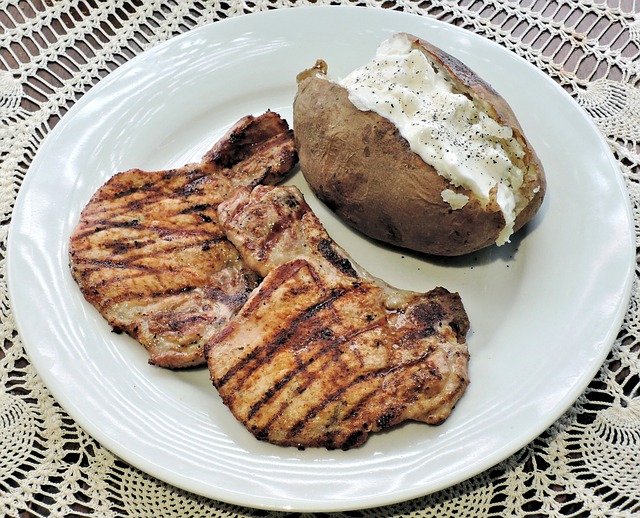Pasteurization involves the heating of a liquid to kill off bacteria to make it safe for consumption. When thinking of dairy, it is the milk or cream that gets pasteurized to remove potentially harmful microorganisms or pathogens. Heat temperatures range from 145°F (Vat Pasteurization) to 280°F (Ultra Pasteurization) with various heat times depending on the temperature. Although not all pathogens are eliminated during pasteurization, a large number are reduced. When you hear the term “raw milk” this indicates that the milk has not been pasteurized, which means there is a risk of consuming harmful bacteria and obtaining an illness.
Is Sour Cream Pasteurized?
The good news, assuming you are not against pasteurization, is that the majority of commercially available sour cream is pasteurized. In fact, we have not seen an unpasteurized “raw milk” sour cream in any of the grocery stores that we visit. As we stated in a previous article about cottage cheese pasteurization, it is estimated that 1 percent or less of the milk sold in the United States is unpasteurized. The chances are you are not going to come across an unpasteurized sour cream product unless you are looking for it.
To verify that a sour cream is pasteurized, often the container will indicate “pasteurized milk” on the label. This can usually be found where the ingredients are listed or on the front of the container. If not listed on the container, the manufacturers will typically state if their products are pasteurized on their websites. Below we have provided the pasteurization information for some of the popular sour cream brands:
Daisy: Yes, our products are made with pasteurized milk and cream.
Hood: All sour cream products use cultured pasteurized milk.
Horizon Organic: Confirmed “Yes” via their FAQ section.
Tillamook: All product show pasteurized milk or cream as an ingredient.
Borden: All containers indicate “Pasteurized”.
Organic Valley: Ingredients show the use of pasteurized milk and cream.
Breakstone’s: Ingredients show the use of pasteurized milk and cream.
Dangers of Consuming Unpasteurized Sour Cream
One of the biggest concerns of consuming unpasteurized milk products involves pregnant women. Raw milk can contain a bacteria known as Listeria, which can cause serious illness or death to the baby. Damage to the unborn child can occur without the mother showing signs of sickness. Mothers are advised to stay away from unpasteurized dairy products when pregnant. Women should consult their doctor to learn about what other foods should be avoided during pregnancy.
Some of the additional bacteria that can be found in unpasteurized milk are E. coli and salmonella, among others. Consuming raw milk can lead to diarrhea, cramping, and vomiting. On a more serious level, raw milk can cause kidney failure, paralysis, chronic disorders, and even death, according to the Centers for Disease Control (CDC). While these are some serious medical issues or side effects, the data suggests obtaining a foodborne illness from raw milk is minimal and death is unlikely for individuals.

